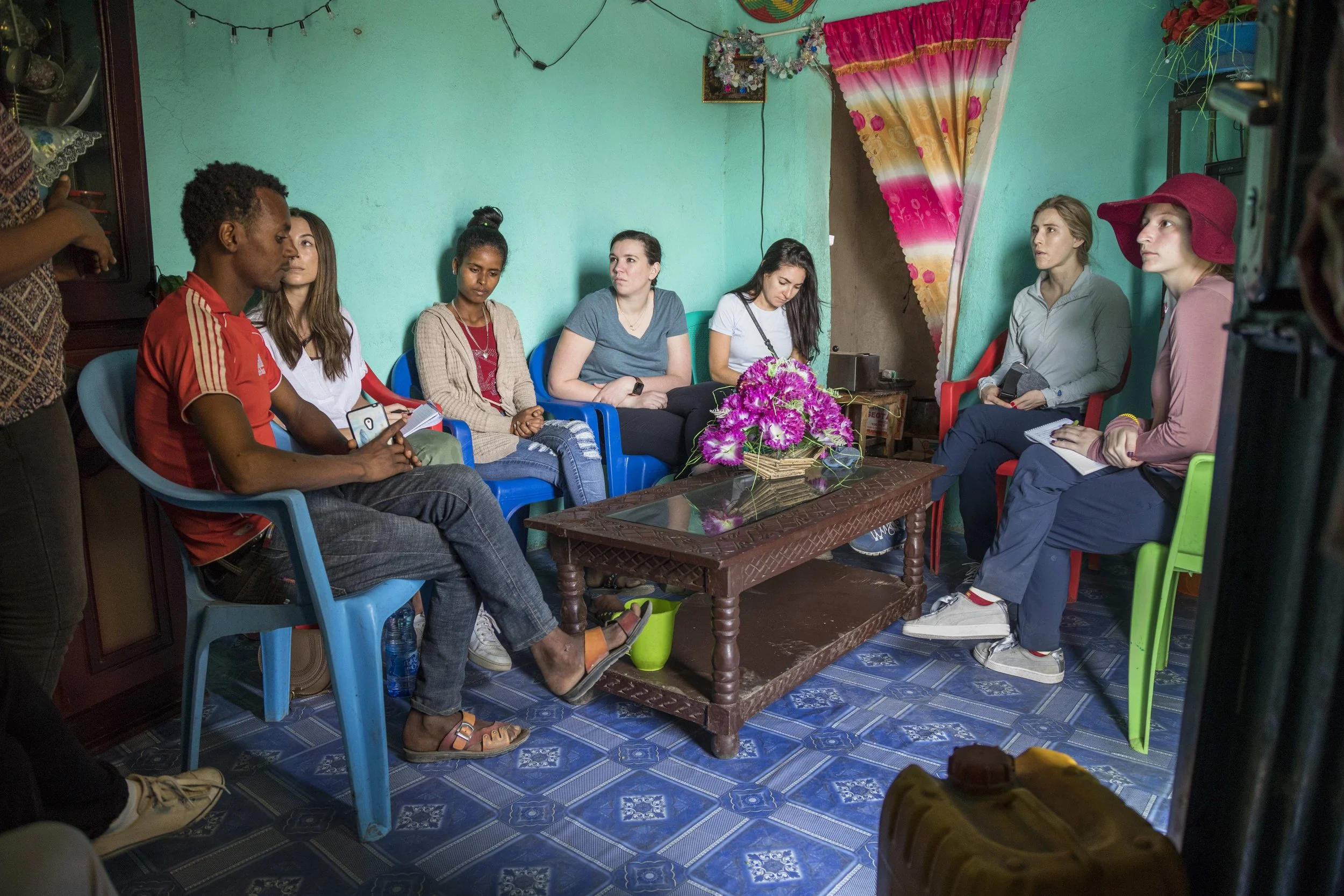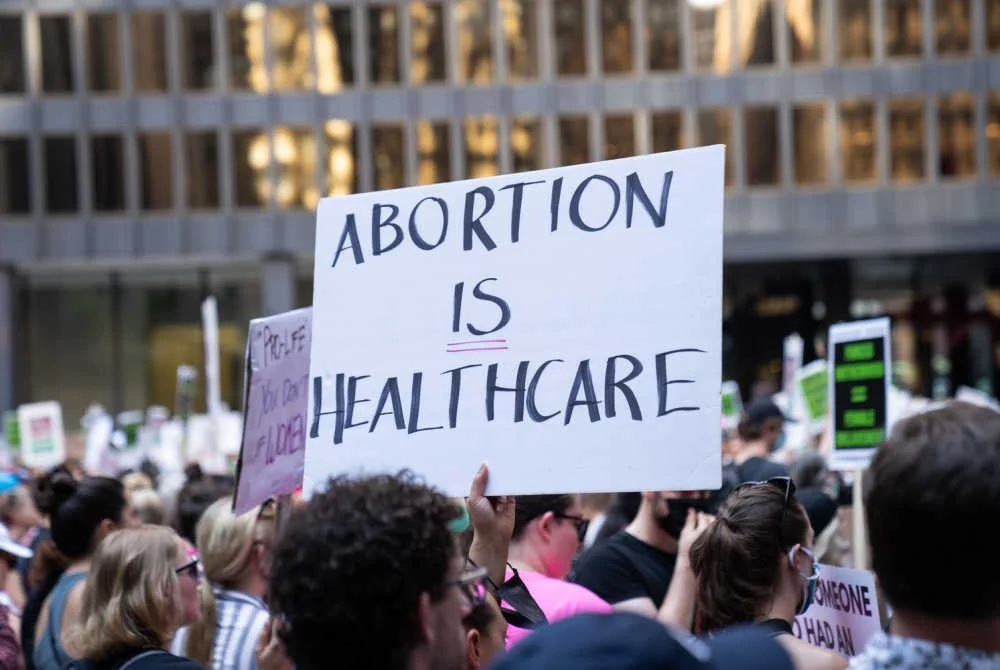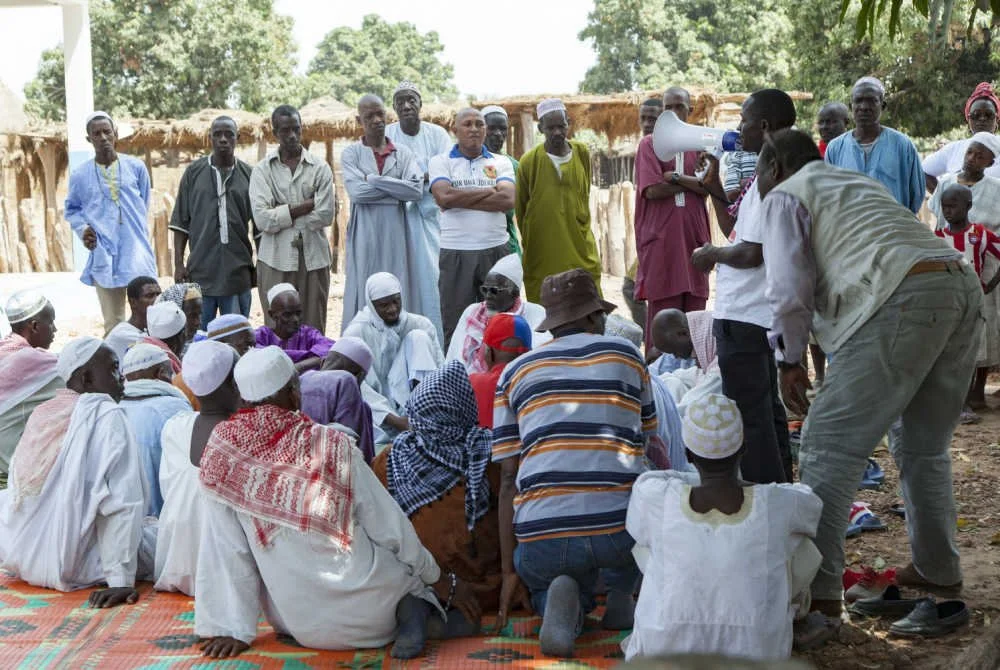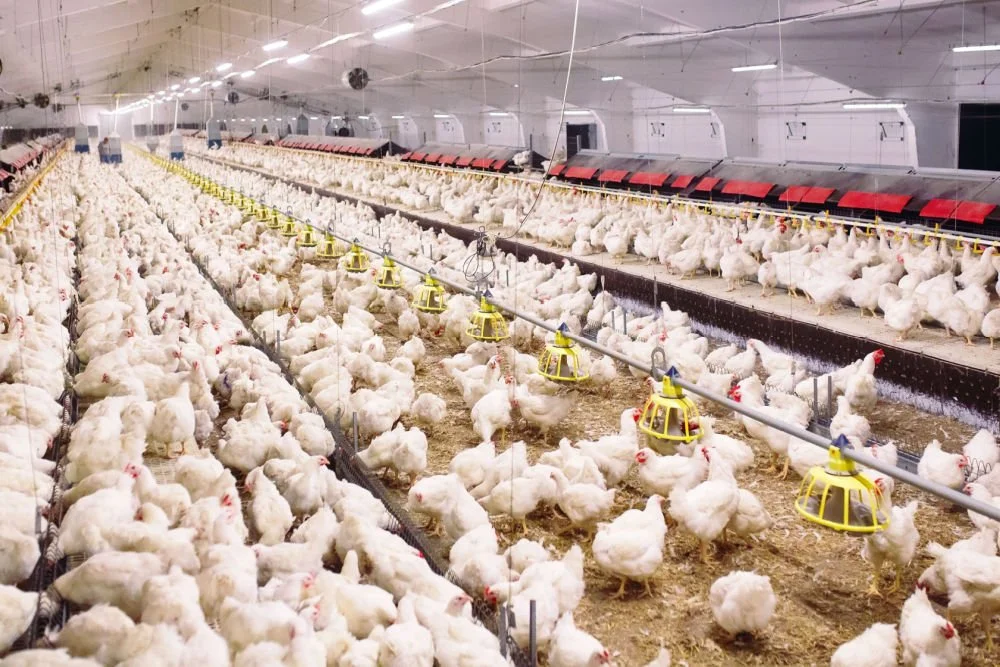Bloomberg's Latest Move to Fight Big Tobacco Around the World
/china is now home to a quarter of the world's smokers. photo: ChameleonsEye/shutterstock
We’ve reported before on Bloomberg Philanthropies’ crusade against tobacco. Michael Bloomberg and his foundation have invested nearly $1 billion to fight a global public health problem that claims 6 million lives a year—and is on track to kill an estimated 8 million people annually by the 2030s, mostly in developing countries.
Bloomberg Philanthropies has now stepped up that fight with the launch of Stopping Tobacco Organizations and Products (STOP), a new global watchdog that will monitor tobacco industry tactics and practices it deems harmful to public health.
This isn't the first time the foundation has launched an initiative to do direct battle with Big Tobacco. A few years ago, Bloomberg teamed up with the Gates Foundation to create the Anti-Tobacco Trade Litigation Fund to help low- and middle-income countries fend off international trade suits brought by tobacco companies. (The Gates Foundation has given around $200 million since 2008 for tobacco control.)
Related:
- Bloomberg and Gates Fund a New Kind of Fight Against Big Tobacco
- Billionaires vs. Big Tobacco in the Global South
Given Big Tobacco’s huge budget to promote smoking, it's fortunate that two of the biggest titans of modern philanthropy have stepped up to limit its influence. But make no mistake: Mike Bloomberg is the field marshal in this global battle, following his core approach to philanthropy: throwing big money at big problems with clear solutions. No donor has come close to matching the energy or resources that the former New York City mayor has poured into the anti-tobacco effort. In fact, as we've pointed out, the field of philanthropists working on tobacco control is remarkably thin, given that smoking kills more people annually than HIV/AIDS, malaria and tuberculosis combined.
Fueled by an initial $20 million Bloomberg investment, STOP will function as a global monitoring system to expose and counter tobacco industry deception. The foundation said that STOP will create "regular reports detailing tactics and strategies both at global and country-level and will provide tools and training materials for countries to combat Big Tobacco’s influence."
The new watchdog will also reinforce the foundation's current work with nonprofit grantees and governments to fight the influence of Big Tobacco in various countries.
“We cannot stand by as the industry misleads the public in an effort to get more people hooked on its products—and this global watchdog will help us hold the industry accountable,” Mike Bloomberg said in a statement.
Not surprisingly, given that Bloomberg is WHO’s global ambassador for noncommunicable diseases, STOP’s findings will be “fully aligned with Article 5.3 of the WHO Framework Convention on Tobacco Control (FCTC) that clearly outlines the prohibition of tobacco industry involvement in government policy making.” They’ll also be available to the public.
Bloomberg has opened a competitive application process to determine which non-governmental organizations and academic institutions will take the lead in tracking and reporting on Big Tobacco’s behavior. Groups are allowed to apply jointly, including up to three organizations per application, but at least one organization is required to be from a low- or middle-income country. A final decision on the application process will be announced by July 2018.
STOP reveals a broader vision for Bloomberg’s anti-tobacco strategy, and one that will benefit from his deep pockets. While the foundation has long sought to influence government tobacco policies arond the world, STOP suggests that it's ready to start hitting harder. This is a political fight against an aggressive industry that's been pushing to get new customers in poorer countries hooked on its lethal product.
The world’s top six tobacco companies—all located in developed countries—own 80 percent of the world's tobacco production. In 2013, big tobacco profits were equal to those of Coca-Cola, Walt Disney, General Mills, FedEx, AT&T, Google, McDonald's and Starbucks combined.
We’re encouraged to see STOP’s firepower added to the crusade against Big Tobacco. Even bigger bets, however, will be required to really dent Big Tobacco’s armor. After all, we are talking about companies whose market cap can be nearly twice the GNP of some of the small developing countries where they sell their products. Where will the next big anti-tobacco players, and their commitments, come from? Gates and Bloomberg have often signaled their intent to bring in more allies. Millions of lives, it seems, may depend on who heeds their call.







































